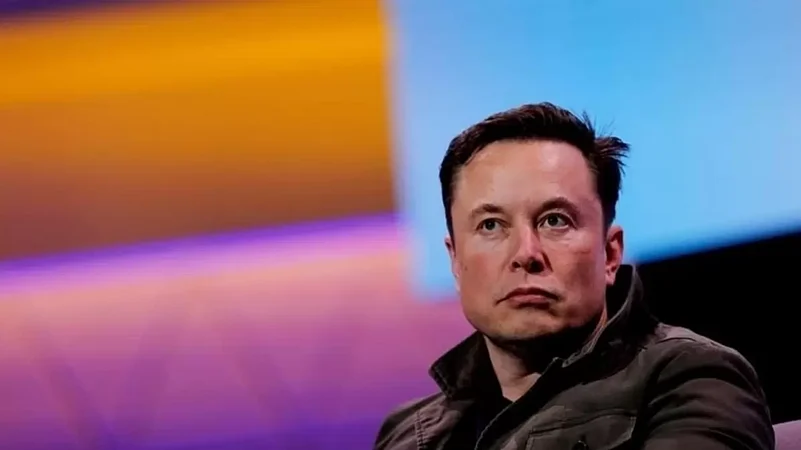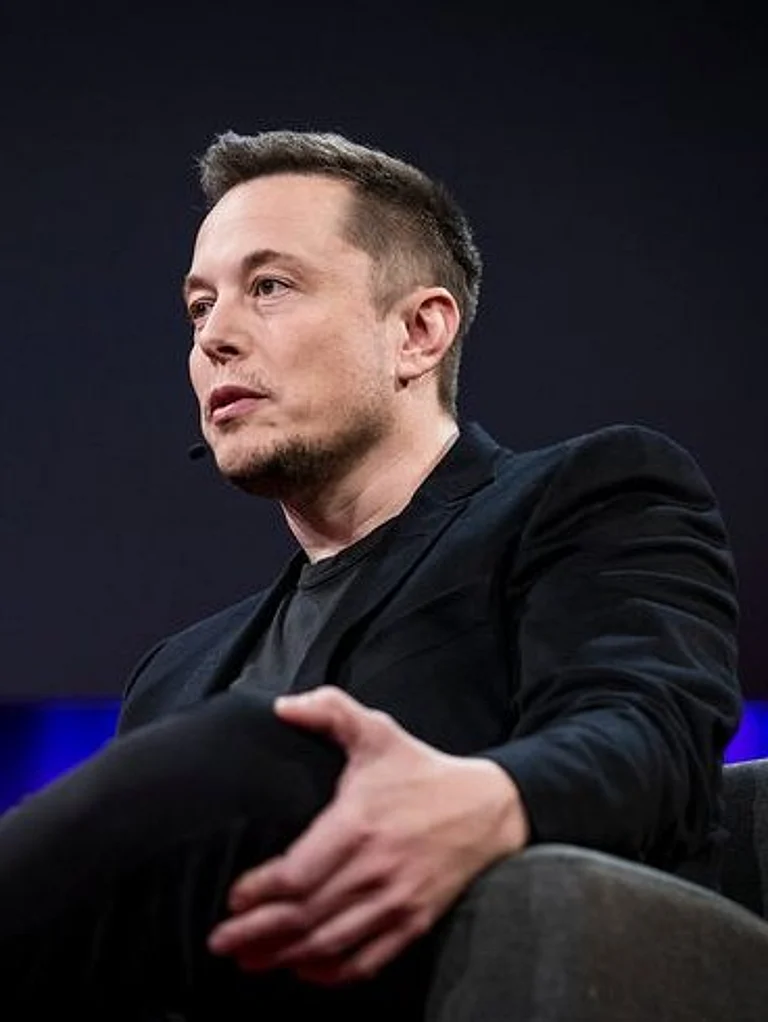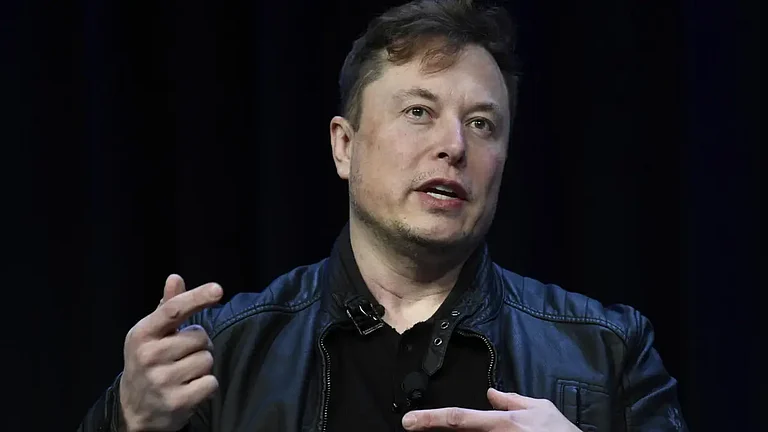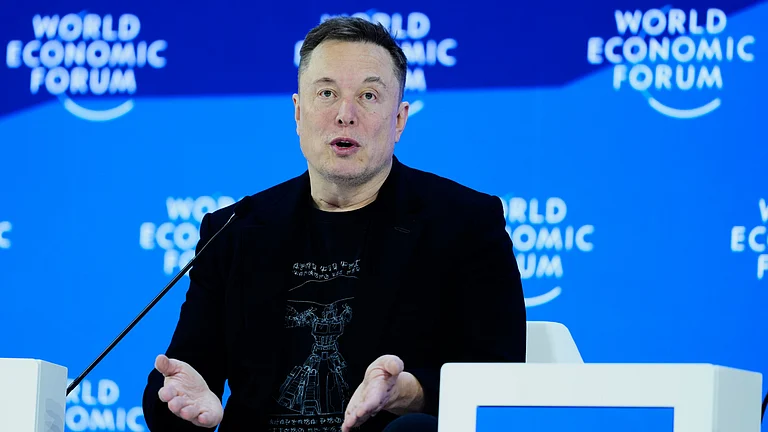Elon Musk will be questioned under oath regarding his 2022 acquisition of Twitter in an investor lawsuit, according to Bloomberg. The lawsuit claims that Musk's uneven approach to the transaction was an intentional attempt to lower Twitter's stock price. While Musk initially declined to appear in person for the deposition, he has now agreed to meet with lawyers on April 3 in Washington, D.C.
The world’s richest man has been involved in countless court conflicts over his various businesses and investments. Investors believe Musk's public criticism of Twitter's management, as well as his changing commitment to the deal, created uncertainty about whether the acquisition would go through, eventually harming shareholders while enhancing his bargaining position. Despite his efforts to back out of the arrangement, Musk was sued and eventually completed the $44 billion takeover, rebranding the business as X Corp.
Background
Musk has previously faced legal scrutiny for how he handled the Twitter acquisition. The Securities and Exchange Commission (SEC) earlier sued him, alleging that he failed to properly report his stock transactions in 2022, resulting in an underpayment of at least $150 million. The complaint, filed in the United States District Court for the District of Columbia, comes in the final days of SEC Chair Gary Gensler's term, paving the way for an early confrontation over the agency's independence under President-elect Donald Trump's choice, Paul Atkins.
The SEC's claims center on Musk's actions between March 14 and April 4, 2022, only days before he made an official offer to buy Twitter for $44 billion. By July 2022, he attempted to withdraw from the agreement, causing Twitter to litigate and force the acquisition to go ahead.
Elon Musk’s Legal Troubles
While Musk has lately taken on a crucial advisory role in President Donald Trump's administration, focusing on government cost-cutting efforts, he is still embroiled in numerous legal challenges involving his businesses and personal investments.
Just days earlier, Trump said during a cabinet meeting that Musk's Department of Government Efficiency (DOGE) will operate solely as an advising body, with no control over people, policy, or implementation deadlines at government agencies. Musk, who was present at the meeting, said he was "good" with Trump's decision.
The decision appears to be in response to various lawsuits contesting Musk's power and suing DOGE for staff terminations. These legal disputes have prompted the government to contend in court that Musk lacks decision-making authority, despite officials' inability to properly describe his specific role.
































